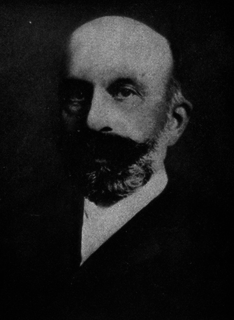A Quote by George Packer
Whether as victim, demon, or hero, the industrial worker of the past century filled the public imagination in books, movies, news stories, and even popular songs, putting a grimy human face on capitalism while dramatizing the social changes and conflicts it brought.
Related Quotes
Marx's own illusion was to think that the working class movement, which he devoted his life to creating and strengthening, would both be socially and politically successful in the industrial nations of Western Europe, and that it would develop an entirely new way of human social life that would retain and even enhance the productive benefits of capitalism while overcoming the inhumanity and exploitation of capitalist social relations. Marx himself had no solutions to these problems. His object of study was capitalism itself.
For over a century, popular struggles in the democracies have used the nation-state to temper raw capitalism. The power of voters has offset the power of capital. But as national barriers have come down in the name of freer commerce, so has the capacity of governments to manage capitalism in a broad public interest. So the real issue is not "trade" but democratic governance.
The theory of social contracts extends as far back as Plato. However, it was the great 18th century social philosophers John Locke, Thomas Hobbes, and Jean-Jacques Rousseau who brought the concept of a social contract between citizens and governments sharply into political thinking, paving the way for popular democracy and constitutional republicanism.
In the cosmology behind psychology, there is no reason for anyone to be here or to do anything... I'am an accident - a result - and therefore a victim... if I'm only a result of past causes, then I'm a victim of those past causes.... or, if you look at it from the sociological perspective, I'm the result of upbringing, class, race, gender, social prejudices, and economics. So I'm a victim again. A result .





































